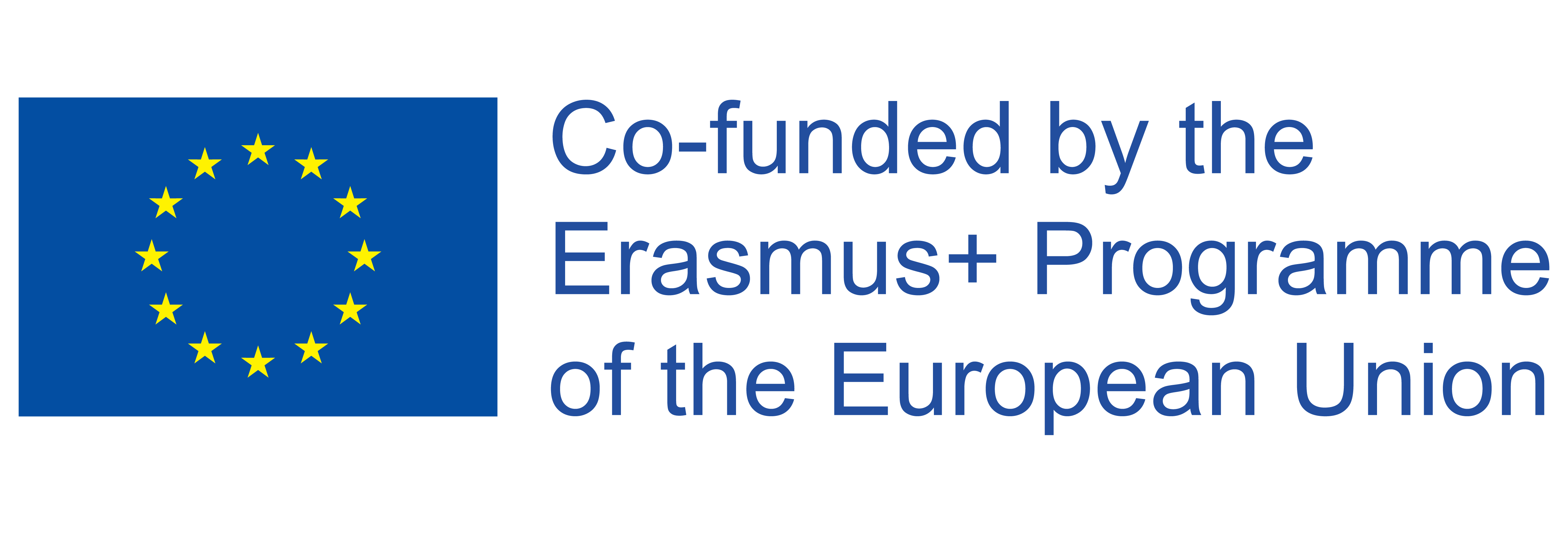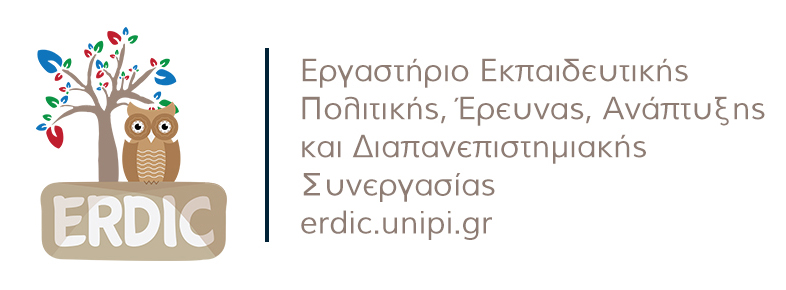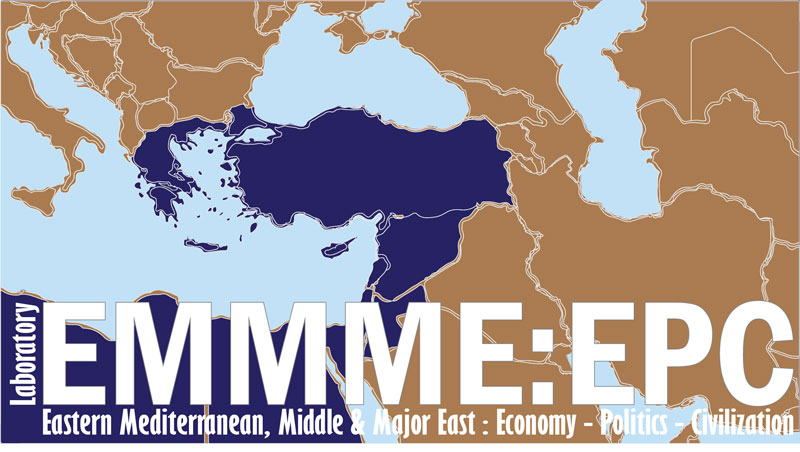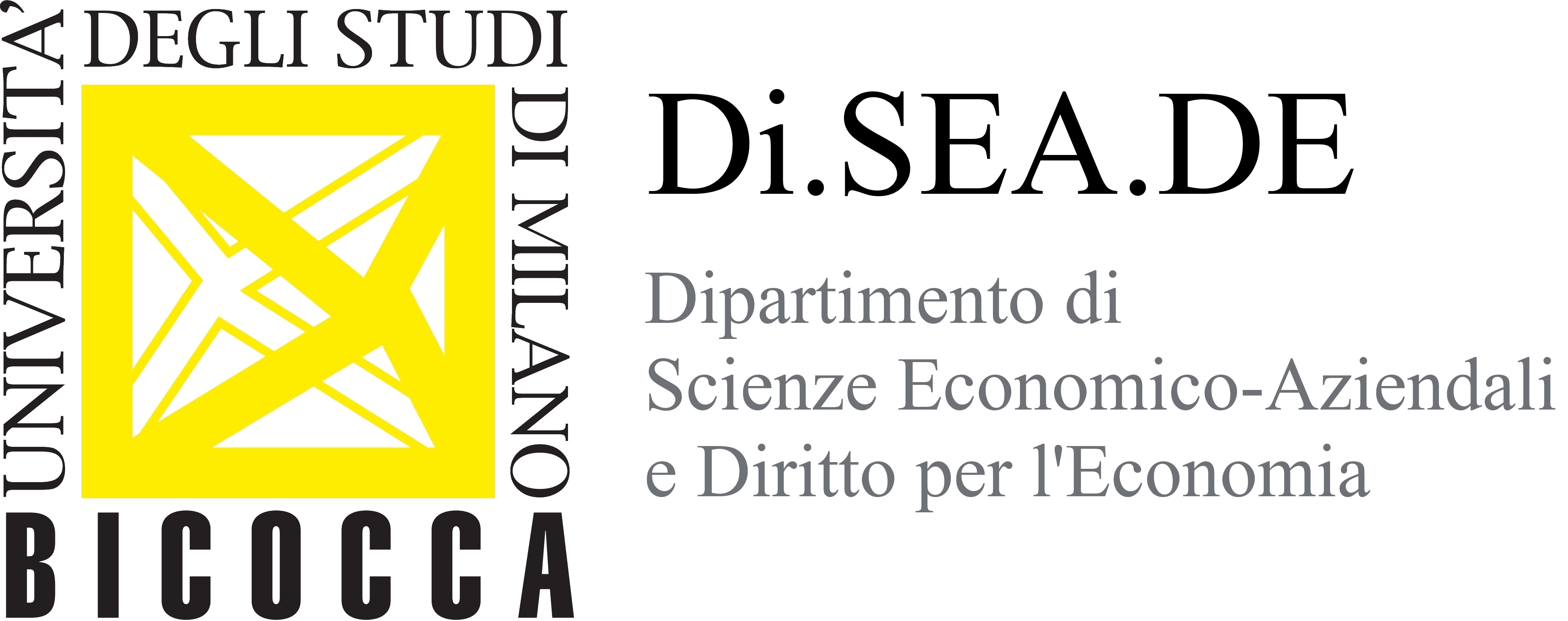The subthemes include but are not limited to the following:
The Bologna Process and its linkage with development and employability
- Bologna Process, recent developments and prospects
- The international competitiveness of the European Higher Education Area
- Policies for enhancing graduates’ employability
- Implementation of a common Qualification Framework/degree structure
- Recognition and Quality Assurance
Employability of graduates and researchers
- Academic study programmes and employability
- HEIs and employability strategies to reflect the latest trends in an increasingly competitive jobs market
- Higher Education- businesses/employers collaboration o develop employment opportunities for future graduates
- Graduates on the labour market: transition from education to work
- Researchers on the labour market
Human Resources, EHEA and ERA
- Enhancing Teaching Quality
- The role of academics and industry researchers in an entrepreneurial ecosystem
- Transitioning or translating: The role of the knowledge transfer officer
- The War for talents: Brain Drain and Brain Gain
Entrepreneurship education and the role of Universities
- Entrepreneurial education preparing our graduates for the future
- Designing and delivering curricula for the skills of tomorrow
- Stimulating and evaluating entrepreneurial mindsets, attitudes and creativity
- Supporting student entrepreneurship activities: Recognize talent and drive growth
Research and Innovation
- Science and research parks as a place for university-industry interaction
- Digital tools and platforms supporting and facilitating university-business cooperation
Knowledge ecologies: the role of the HEIs in smart specialisation and growth
- UNESCO's learning cities
- Designing and developing innovation districts
- The university as an anchor institution in the city: A nexus for city and regional challenges
- Creating and orchestrating regional and national innovation systems
- Stimulating sustainable and inclusive growth
- The role of Universities in Sustainable Developement Goals
- Smart specialization: Building an innovation driven-economy
- Responsible research and social innovation: The role of citizens and society
University - Business Cooperation
- Establishing and nurturing successful relationships with small and medium sized enterprises
- Taking a holistic approach towards the development of university-industry relationships
- Models and methods to strengthen the external engagement potential of universities and industry
- The role of incubators and entrepreneurship centers in driving start-ups and scale-ups
Europe’s Innovation Gap
- Identifying Intrapreneurs
- Innovating in the Exponential Economy: Digital Disruption and bridging the New Innovation-Execution gap
- Bridging the Gap Between Invention and Innovation: The Role of University-Based Start-Up Programs and Private





